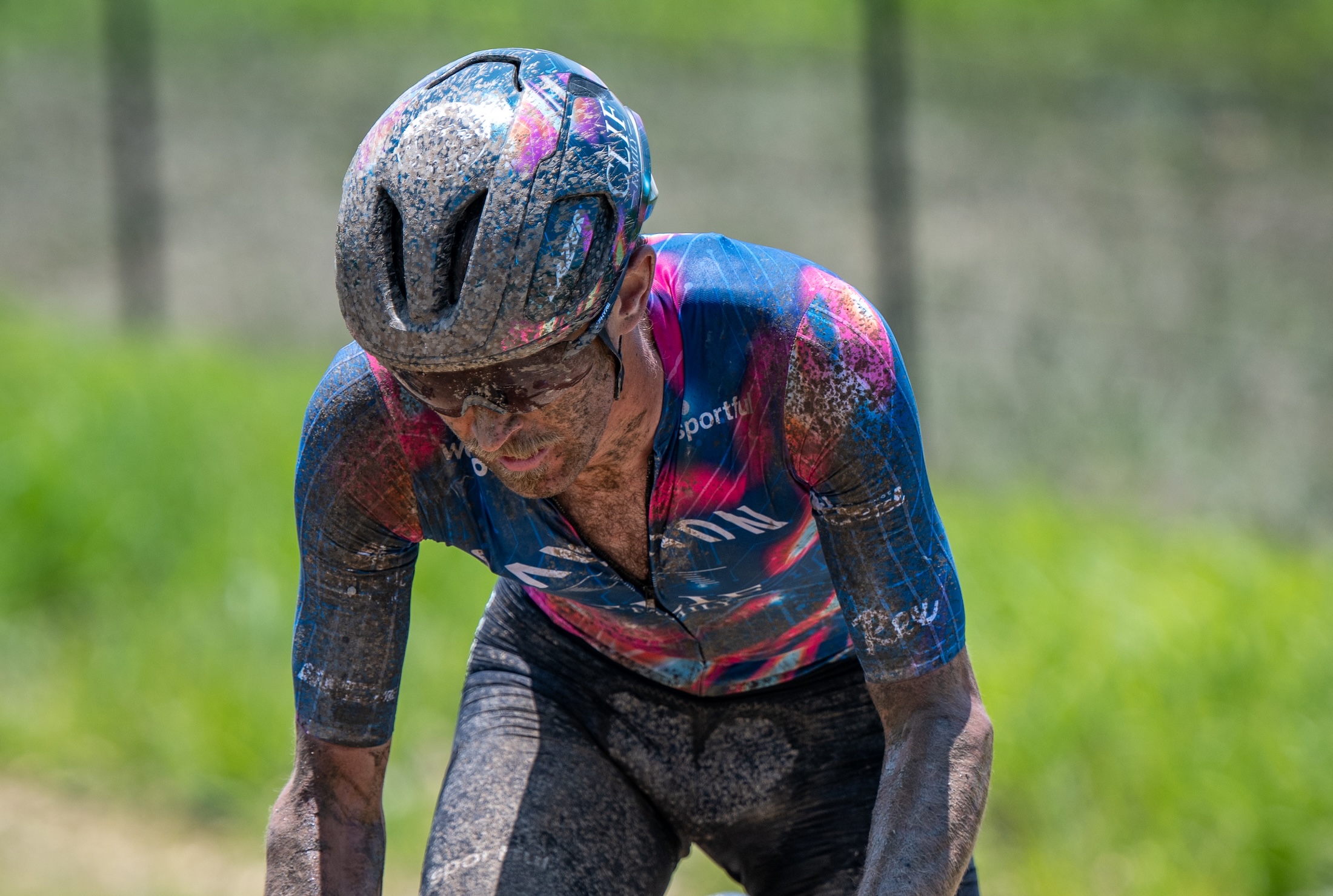Pendleton: Some organisations brainwash their athletes into doping
Double Olympic track champion says booing of Russian athletes is unsportsmanlike
The latest race content, interviews, features, reviews and expert buying guides, direct to your inbox!
You are now subscribed
Your newsletter sign-up was successful
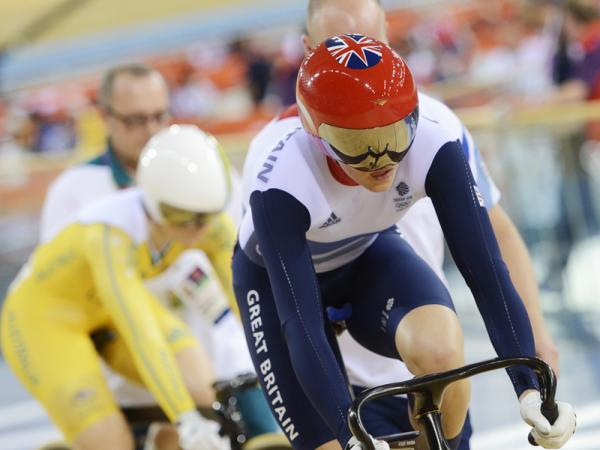
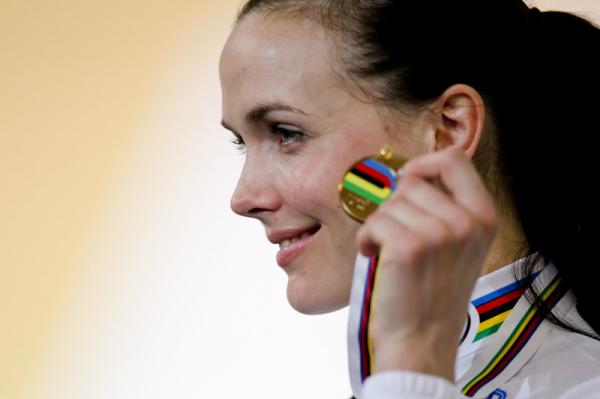
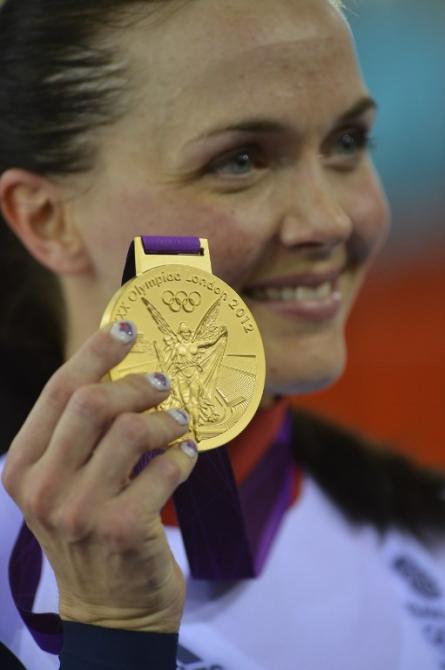
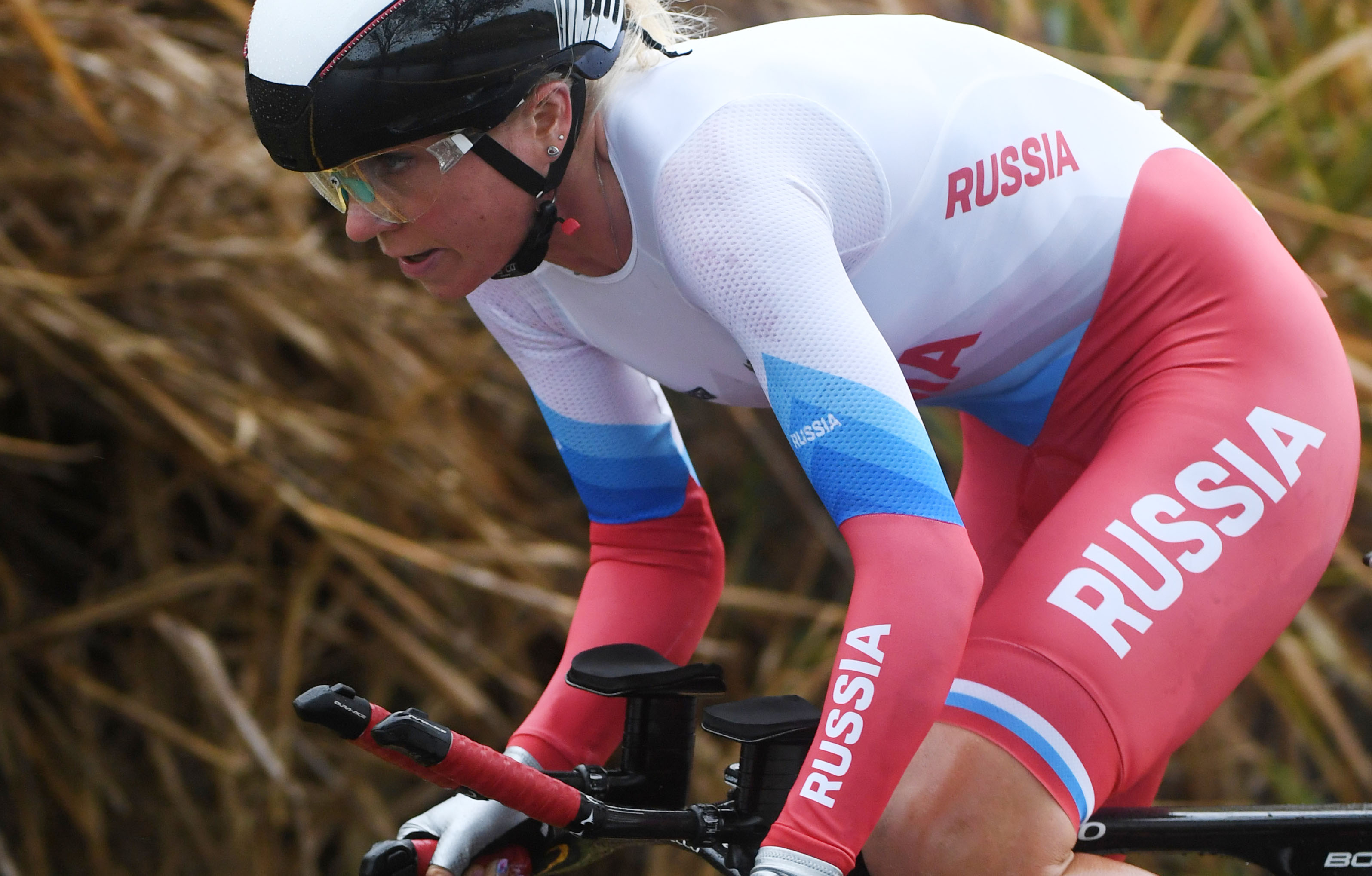
Double Olympic champion and retired track cyclist, Victoria Pendleton has said that she believes some governing bodies ‘brainwash’ their athletes into doping. The issue of state-sponsored doping in Russia has engulfed the Olympic Games in Rio with the publication of the McLaren report just two weeks before they began.
On top of the Russian doping scandal, the Kenyan track manager, Michael Rotich, was sent home from Rio following allegations that he was giving coaches prior warning of doping tests. Earlier this year, two Kenyan doctors claimed that they had provided British athletes with banned substances.
Pendleton called it ‘cruel’ and said that organisations who force their athletes into taking banned substances should be targeted. “Some organisations really do brainwash their athletes into thinking that it is a necessary part of competing at the highest level, and make them believe that it has to be done and put extreme pressure on them to conform to their methods in many ways,” Pendleton told BBC 5 live radio.
“I think it’s cruel. Using that trust and that sport context to pressure people into taking performance enhancing drugs, who knows what the later effects might be in taking these substances, in the pursuit of gold is absolutely ludicrous, I think that it is a total disgrace, and they should be targeted as well.”
Following the McLaren report, the International Olympic Committee (IOC) chose to ban all Russian athletes who had served a doping suspension, but stopped short of keeping the entire Russian delegation out of the Games, as the anti-doping authorities had requested.
The decision was eventually overturned by the Court of Arbitration (CAS) for sport on the day of the opening ceremony, last Friday. The call came too late for some of Russia’s cyclists, with Ilnur Zakarin dropping out of the men’s road race. Olga Zabelinskaya took her chances to travel to Rio, and it paid off with a silver medal after CAS reaffirmed the 'Osaka rule' ban it had decided upon in 2011.
Separately, the IOC barred Russian athletes who were implicated in cover-ups of positive tests. Three Russian team pursuit riders were forced out of the competition, and lost their appeal to CAS. Their spot was eventually given to the Italians.
The latest race content, interviews, features, reviews and expert buying guides, direct to your inbox!
The reception of the Russians who have competed has been distinctly less than warm. In many events, the Russian athletes have been resoundingly booed. In the swimming, America’s Lilly King wagged her finger at Yulia Efimova, who served a doping ban in 2014. Pendleton says that athletes shouldn’t take it upon themselves to say whether or not others should be competing.
“I also believe that it’s not up to athletes and spectators to go around booing because I think that it is incredibly unsportsmanlike. Now the point has been raised we should leave it to the authorities because it’s not in the theme of the Olympics. I’m not a big fan of booing. Don’t cheer, that’s fine, but don’t boo,” she said.
“You don’t want it to start becoming a bit like a vigilante thing against athletes when you don’t really understand why or how or what has happened. You should leave it to the people who are involved with the international governing bodies with the anti-doping governing bodies and let them take care of it. I think, more than ever, it has been raised that it is something that athletes aren’t willing to stand for anymore. I think it is moving in the right direction. I totally agree with Usain Bolt in that sense.”

